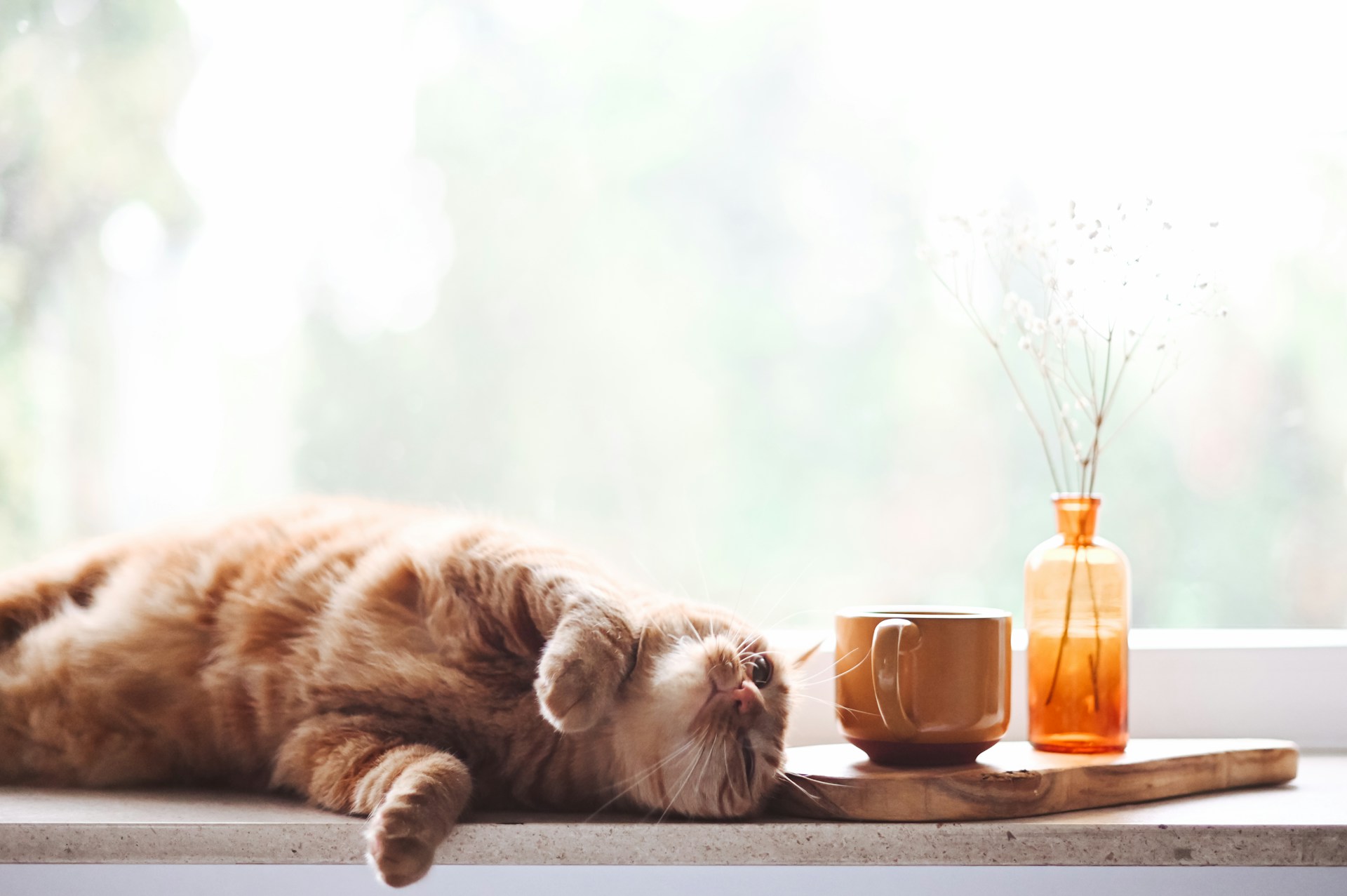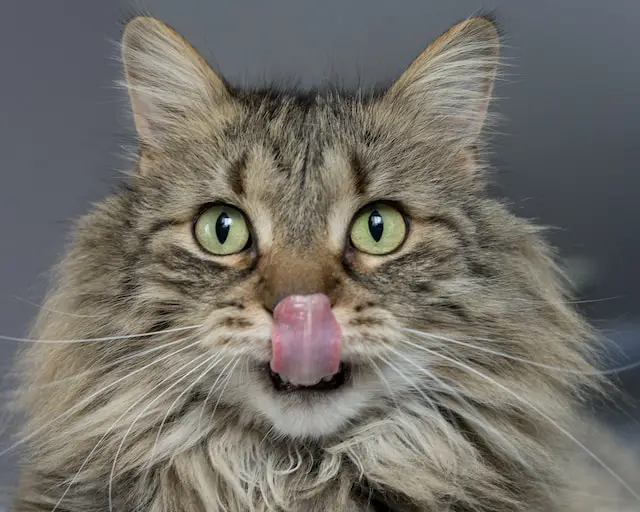FVRCP Vaccine for Cats: A Comprehensive Guide
FVRCP Vaccine for Cats: A Comprehensive Guide
One essential aspect of responsible cat ownership is providing proper healthcare, and a crucial component of that is the FVRCP vaccine. In this article, I will delve into the details of the FVRCP vaccine for Cats, its importance, and why it’s a vital part of every cat’s life.
Introduction to FVRCP Vaccine for Cats
What is FVRCP?
FVRCP stands for Feline Viral Rhinotracheitis, Calicivirus, and Panleukopenia. It is a combination vaccine that offers protection against three common and potentially deadly feline diseases. Rhinotracheitis, caused by the feline herpesvirus, affects a cat’s respiratory system. Calicivirus is another highly contagious respiratory disease, while Panleukopenia, also known as feline distemper, is a severe and often fatal gastrointestinal virus.
Why is it important for cats?
FVRCP is crucial because it safeguards our furry friends from life-threatening diseases that could otherwise lead to suffering and even death. Kittens are especially vulnerable to these illnesses, but even adult cats benefit from vaccination to maintain immunity.
My personal experience with FVRCP
I vividly recall the heartbreak of losing a beloved feline friend to one of these diseases before I understood the importance of vaccinations. Since then, I’ve made it my mission to educate fellow cat owners about the significance of the FVRCP vaccine.
Components of FVRCP Vaccine for Cats
What does FVRCP stand for?
The acronym FVRCP represents the three main components of the vaccine: Feline Viral Rhinotracheitis, Calicivirus, and Panleukopenia. These three viruses pose significant health risks to cats, and the vaccine effectively protects against them.
Explanation of each component
a. Feline Viral Rhinotracheitis: Caused by the feline herpesvirus, this disease affects the respiratory system, leading to symptoms like sneezing, coughing, and nasal discharge. In severe cases, it can cause pneumonia and eye issues.
b. Calicivirus: Another highly contagious respiratory disease, calicivirus causes mouth sores, ulcers, and lameness. While most cats recover with supportive care, some cases can be severe, especially in kittens.
c. Panleukopenia: Also known as feline distemper, panleukopenia is a highly contagious virus that affects the gastrointestinal tract, bone marrow, and lymph nodes. It can lead to severe dehydration and is often fatal, especially in young cats.
Vaccination Schedule for Cats
Initial vaccination for kittens
Kittens should receive their first FVRCP vaccination at around 6 to 8 weeks of age. This initial shot is crucial in establishing their immunity to these diseases, as they are most vulnerable during this period.
Booster shots for adult cats
After the initial vaccination, kittens need booster shots every 3 to 4 weeks until they reach around 16 weeks of age. Adult cats require periodic boosters to maintain their immunity throughout their lives.
Importance of regular vaccinations
Maintaining a regular vaccination schedule is essential to ensure ongoing protection against these diseases, as immunity may wane over time.
Benefits of FVRCP Vaccine for Cats
Protection against deadly diseases
The primary benefit of the FVRCP vaccine is obvious: it shields our beloved cats from potentially fatal diseases. By preventing infections, we spare our feline friends from unnecessary suffering and save ourselves from the heartache of losing them prematurely.
Reducing the risk of transmission
Vaccinated cats not only protect themselves but also play a significant role in preventing the spread of these diseases to other cats in their vicinity. This concept of herd immunity is vital, especially in multi-cat households or communities.
Potential Side Effects
Mild reactions
In most cases, cats tolerate the FVRCP vaccine well and experience no adverse effects. However, mild reactions such as slight fever or lethargy may occur.
Serious adverse reactions
Though rare, serious adverse reactions are possible. These may include anaphylaxis, which is a severe allergic reaction, or injection site reactions. If you observe any unusual symptoms after vaccination, seek immediate veterinary attention.
Precautions and Considerations
When not to vaccinate
In some cases, cats with certain health conditions or undergoing specific treatments should not receive vaccinations. Pregnant cats or those with compromised immune systems may fall into this category. Always consult with a veterinarian to determine the best course of action for your individual cat.
Consulting with a veterinarian
A qualified veterinarian should always administer vaccinations to ensure proper dosage and safety. Additionally, your vet can assess your cat’s overall health and discuss any concerns you might have.
FVRCP Vaccine for Indoor Cats
Should indoor cats be vaccinated?
Some cat owners may question the need to vaccinate indoor cats, assuming they are safe from exposure. However, even indoor cats can be at risk, as viruses can be brought into the home by people, other pets, or even on objects.
Reasons for vaccination even for indoor cats
Apart from potential external exposure, an indoor cat may accidentally escape or be exposed to new pets during visits to the veterinarian. Vaccination provides vital protection against unforeseen risks.
FVRCP Vaccine for Outdoor Cats
Increased risk for outdoor cats
Outdoor cats face a higher risk of exposure to infectious diseases due to their interactions with other animals and their environment.
Importance of vaccination for outdoor cats
For outdoor cats, the risk of encountering infected animals or contaminated areas is significant. Vaccination becomes even more crucial to protect them from potential infections.
Choosing the Right Veterinarian
Importance of a qualified veterinarian
Selecting a competent and experienced veterinarian is vital to ensuring the health and safety of your feline companion. Look for a veterinarian who is well-versed in feline medicine and shows genuine care for animals.
Finding a cat-friendly clinic
A cat-friendly clinic environment can greatly reduce your cat’s stress during visits. Seek a clinic with a calming atmosphere and staff who understand feline behavior.
The Cost of FVRCP Vaccination for Cats
What affects the cost?
The cost of FVRCP vaccination can vary based on factors such as location, the veterinarian’s fees, and the specific clinic’s policies.
Is it worth the investment?
While vaccination incurs a cost, the value lies in the long-term protection it offers to your furry friend. Compared to the expenses and emotional toll of treating a sick cat, vaccination is a small price to pay.
Addressing Common Misconceptions
Autism and FVRCP Vaccine for Cats
There is no scientific evidence to support a link between FVRCP vaccinations and autism in cats or any other animals.
Over-vaccination concerns
Some cat owners worry about over-vaccinating their pets. However, veterinarians follow recommended guidelines to ensure appropriate vaccination intervals, reducing the risk of over-vaccination.
Tips for a Smooth Vaccination Experience
Preparing your cat for the visit
Minimize stress by using a secure cat carrier and creating a positive association with the carrier in advance.
Post-vaccination care
After the vaccination, provide your cat with a calm and comfortable environment to recover. Monitor for any unusual reactions and contact your veterinarian if concerns arise.
Importance of Regular Health Check-ups
Beyond vaccinations
Regular check-ups with your veterinarian are essential for monitoring your cat’s overall health and catching potential issues early.
Detecting potential health issues early
Early detection and intervention can significantly improve the outcome of various health conditions in cats.
FVRCP Vaccine and Multi-Cat Households
Minimizing the risk of disease spread
In households with multiple cats, one infected cat can easily spread the disease to others. Vaccinating all cats ensures a safer environment for everyone.
Herd immunity in multi-cat environments
By vaccinating all cats in a multi-cat household, we create a protective barrier, reducing the likelihood of a disease outbreak.
Conclusion
In conclusion, the FVRCP vaccine is a vital aspect of responsible cat ownership. By providing protection against Feline Viral Rhinotracheitis, Calicivirus, and Panleukopenia, we safeguard our furry companions from potentially fatal diseases. Regular vaccinations, in consultation with a qualified veterinarian, ensure long-lasting immunity and contribute to the overall well-being of our feline friends.
FAQs
1. How often does my cat need the FVRCP vaccine?
- Kittens require a series of initial shots, followed by booster vaccinations every 1 to 3 years, depending on your veterinarian’s recommendation.
2. Can my cat still get sick even after vaccination?
- While the FVRCP vaccine is highly effective, no vaccine can guarantee 100% protection. However, vaccinated cats are less likely to develop severe illness.
3. Is it safe to vaccinate my pregnant cat?
- It is generally not recommended to vaccinate pregnant cats. Consult your veterinarian for personalized advice.
4. Are there alternative vaccination schedules for indoor cats?
- Some veterinarians may suggest alternative schedules based on individual circumstances. Always follow your veterinarian’s recommendations.
5. Can I administer the FVRCP vaccine for Cats at home?
- Vaccinations should be administered by a qualified veterinarian to ensure proper handling and dosage. Avoid administering vaccines at home.




